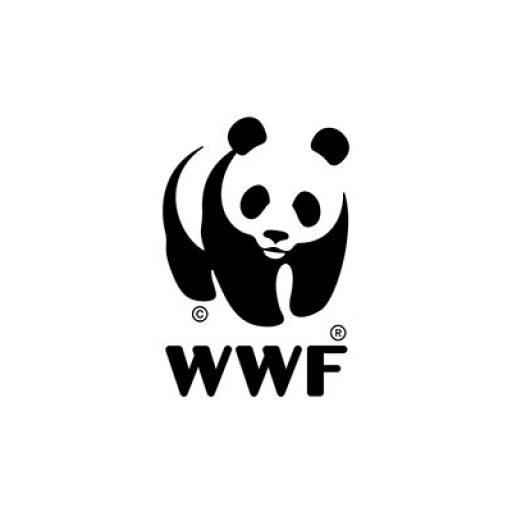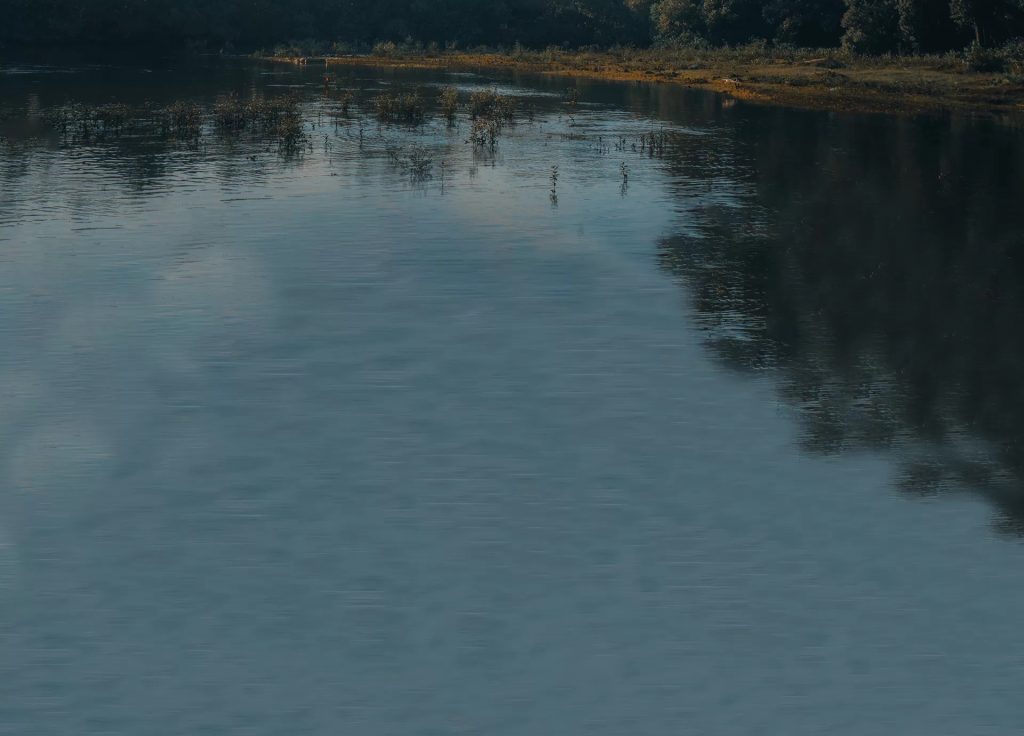
Natives of Sungei Buloh
Sungei Buloh Wetland Reserve, spanning over 200 hectares, is a sanctuary for more than 500 species of tropical flora and fauna! It houses a vast population of mangrove trees, a network of ponds, grasslands, forests and mudflats. Within these habitats are our unique fauna, which include mudskippers, crabs, shellfish, water snakes, shore birds, monitor lizards, and crocodiles.
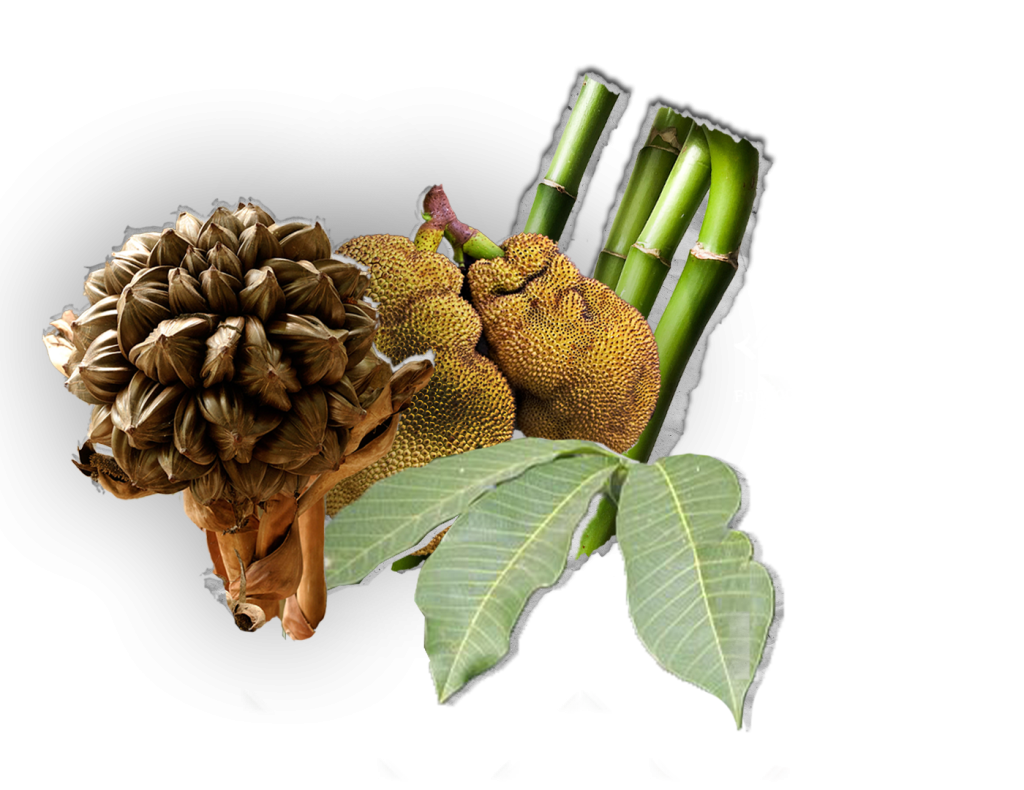
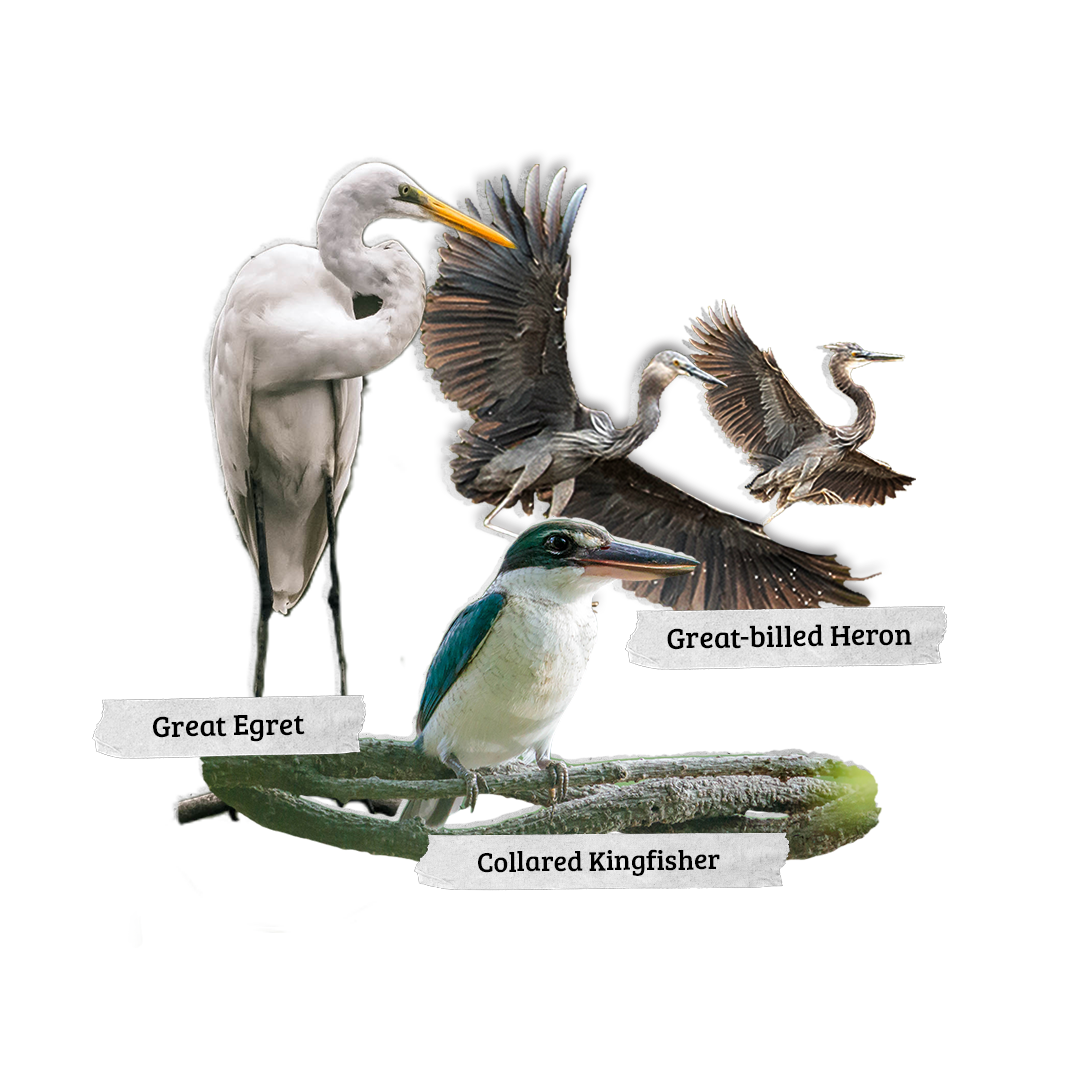
Migratory birds
Did you know that Singapore lies along the East Asian-Australasian Flyway, one of the world’s great migratory bird routes? The Sungei Buloh Wetland Reserve becomes a warm home for these birds, which heavily depend on the abundant resources of the reserve to refuel, breed, and resume their migratory path!
GLOBALLY,
WE HAVE A PROBLEM
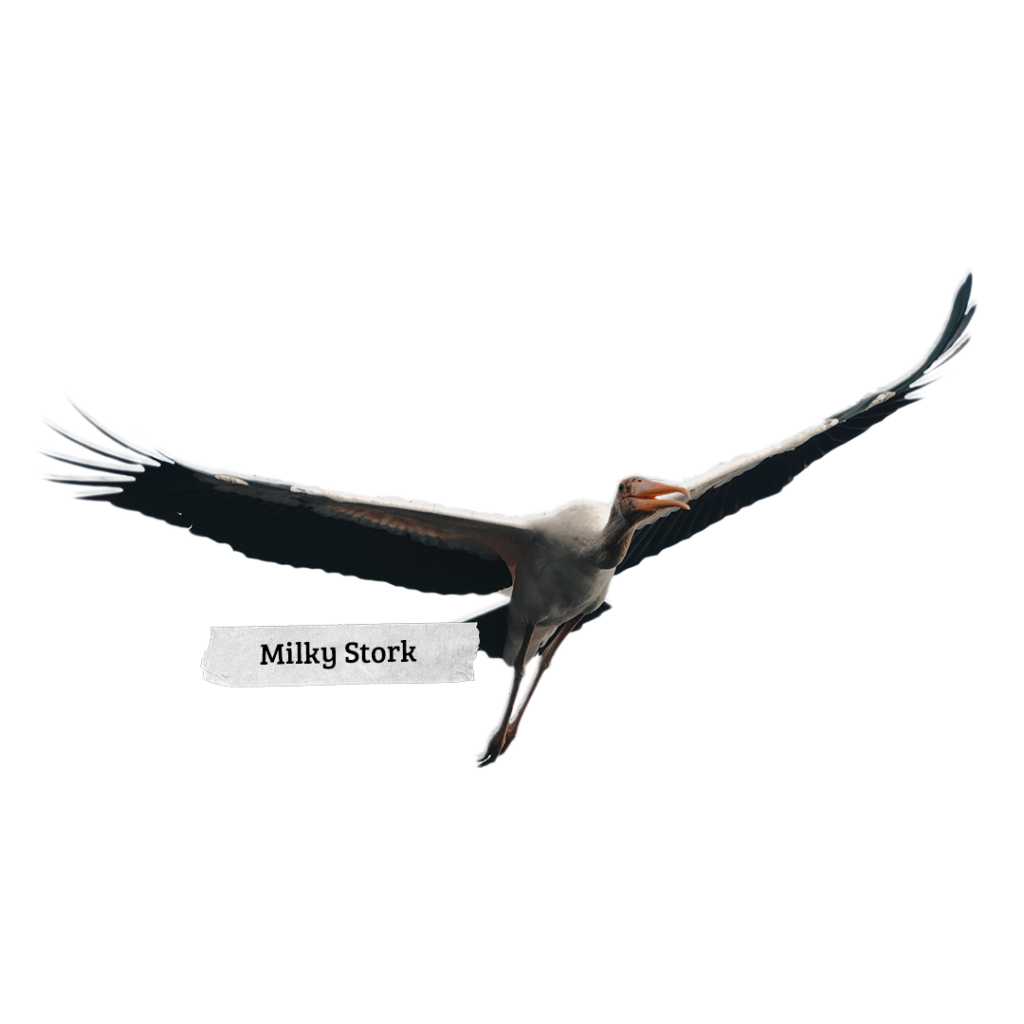
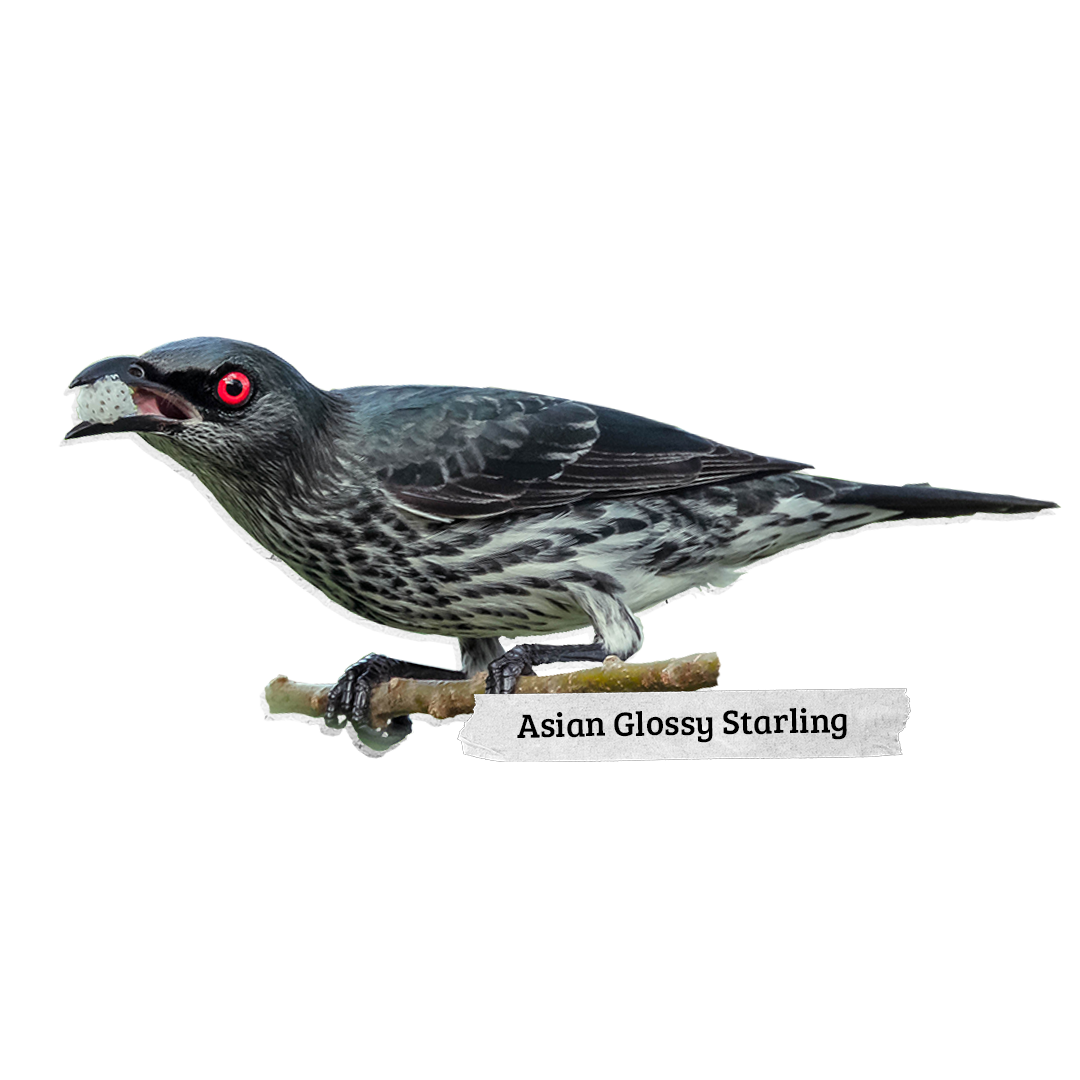
What will happen if we lose
mangroves?
Globally, the rapid decline of wetland habitats, particularly mangrove forests, poses a critical threat. Loss of mangroves could result in fewer fishes, increased coastal damages, and unknown consequences for ecosystems and public health, linked to changes in pollutants, sediments, and carbon cycles.
Degradation of mangrove forests threatens the unique biodiversity that relies on its rich nutrients to survive. In Singapore, these habitats are home to our remaining wildcat species, the Leopard Cat, as well as other critically endangered and vulnerable species. Several thousand shorebirds also depend on these areas in Singapore during the migratory season.
While some of Singapore’s mangroves such as within Sungei Buloh Wetlands Reserve is protected, they remain susceptible to environmental factors, leaving us vulnerable in the face of these interconnected global and local challenges.
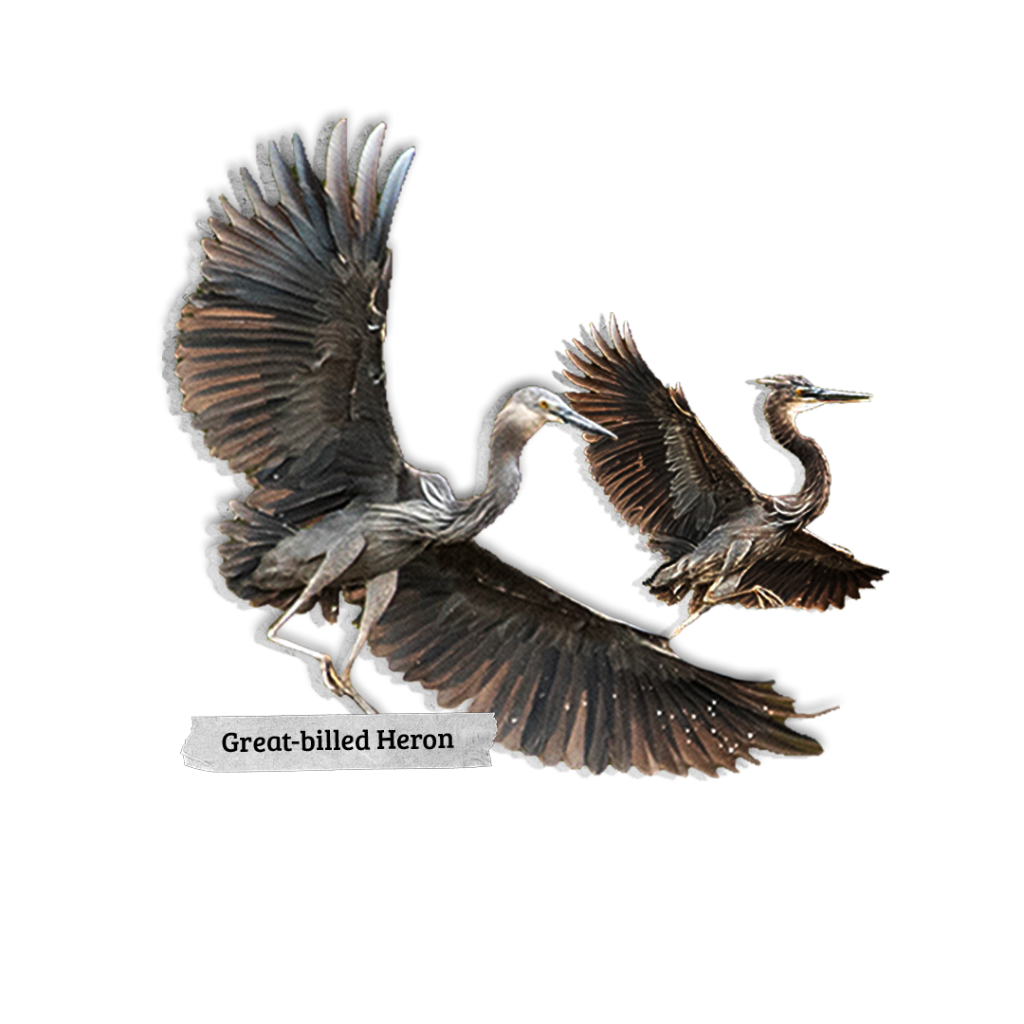
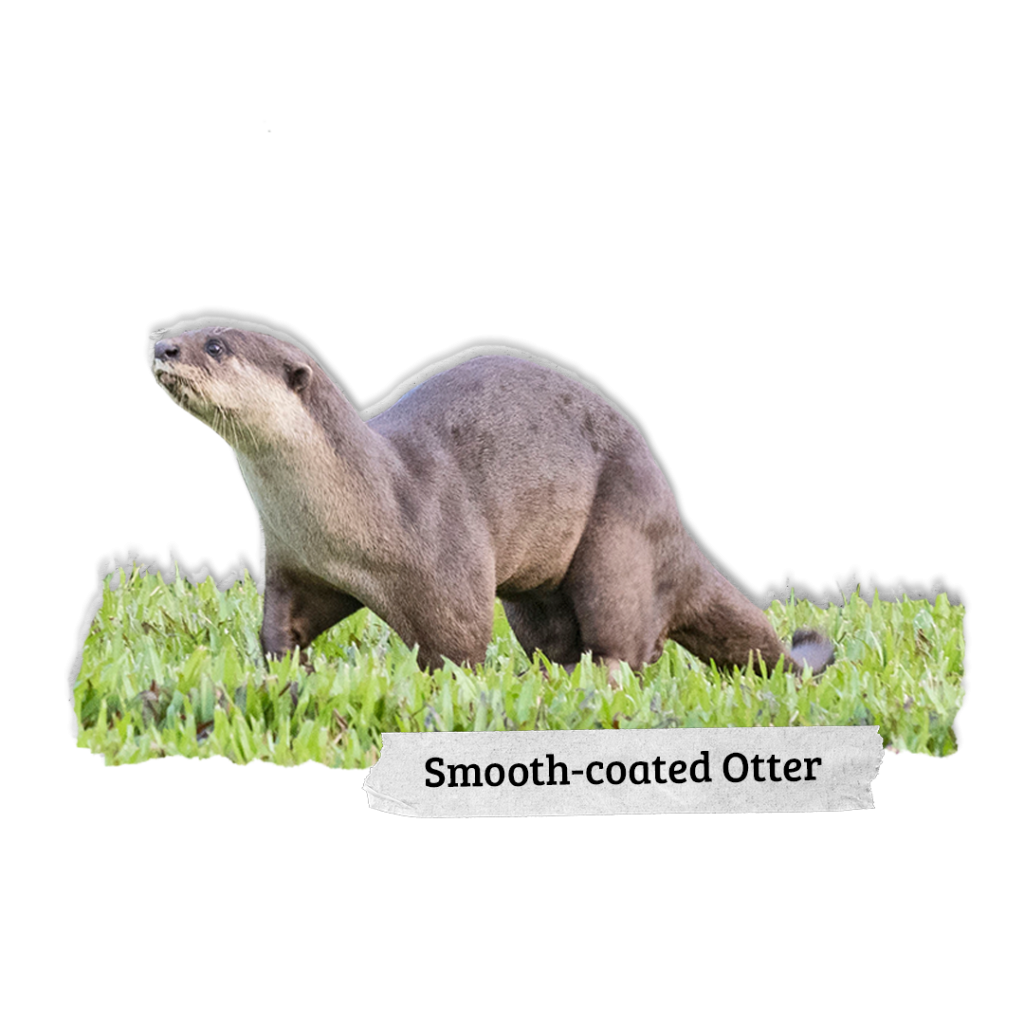
Collective community effort to preserve our wetlands!
WWF-Singapore has engaged with multiple important stakeholders for the conservation of wetland habitats. Last year, we signed a Memorandum of Understanding (MoU) with WWF-Hong Kong, Singapore’s National Parks Board, and Hong Kong’s Agriculture, Fisheries, and Conservation Department. This MoU establishes Sungei Buloh Wetland Reserve (managed by National Parks Board) and Mai Po Inner Deep Bay (managed by WWF-Hong Kong) as Sister Sites under the East Asian-Australasian Flyway Partnership (EAAFP).
The MoU outlines several areas of collaboration, including raising public awareness on wetlands and migratory species through education and outreach activities, field research, and knowledge sharing between the Sister Sites. These efforts help gauge the health of ecosystems and contribute to the restoration of their inhabitants.
Be Part of our Community Today!
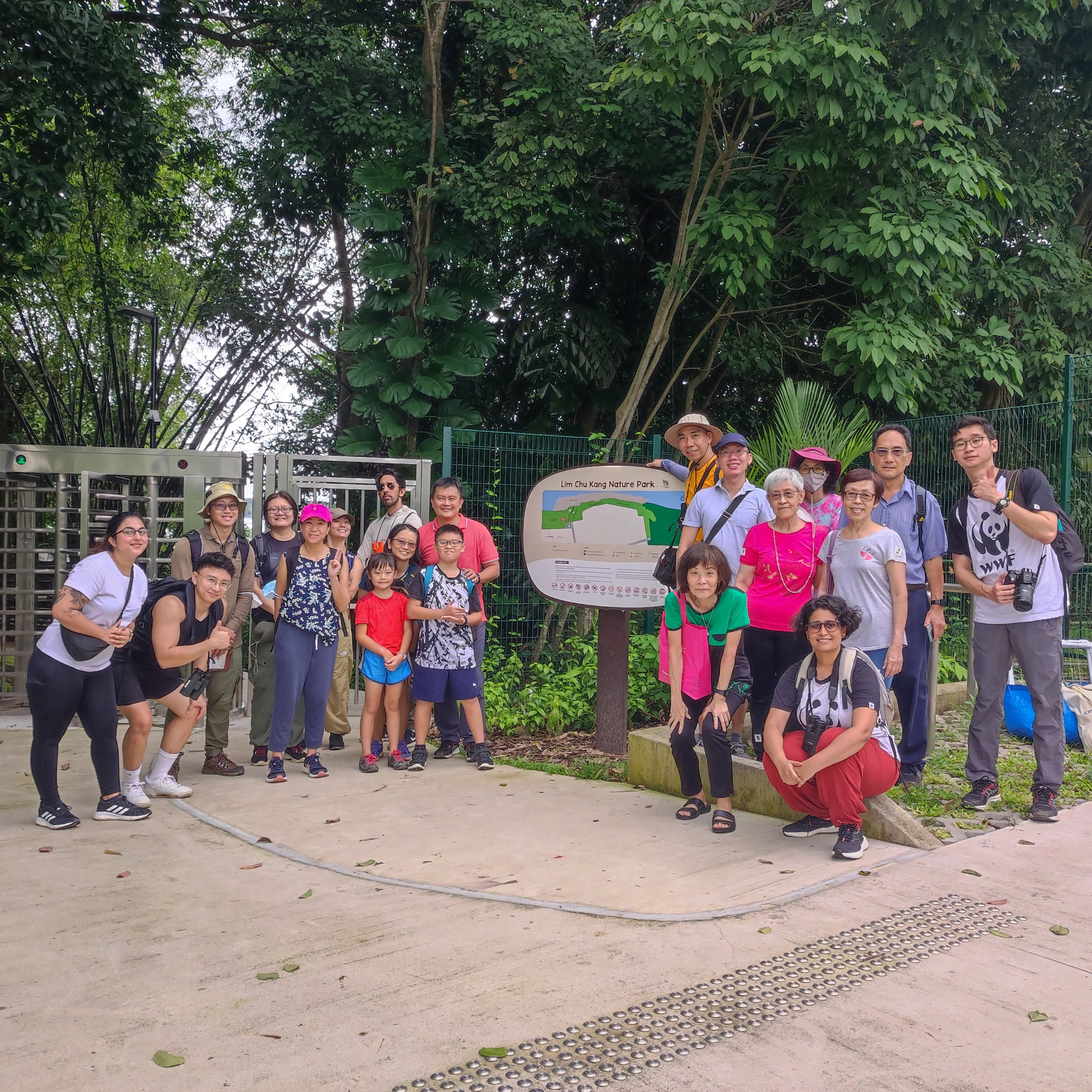
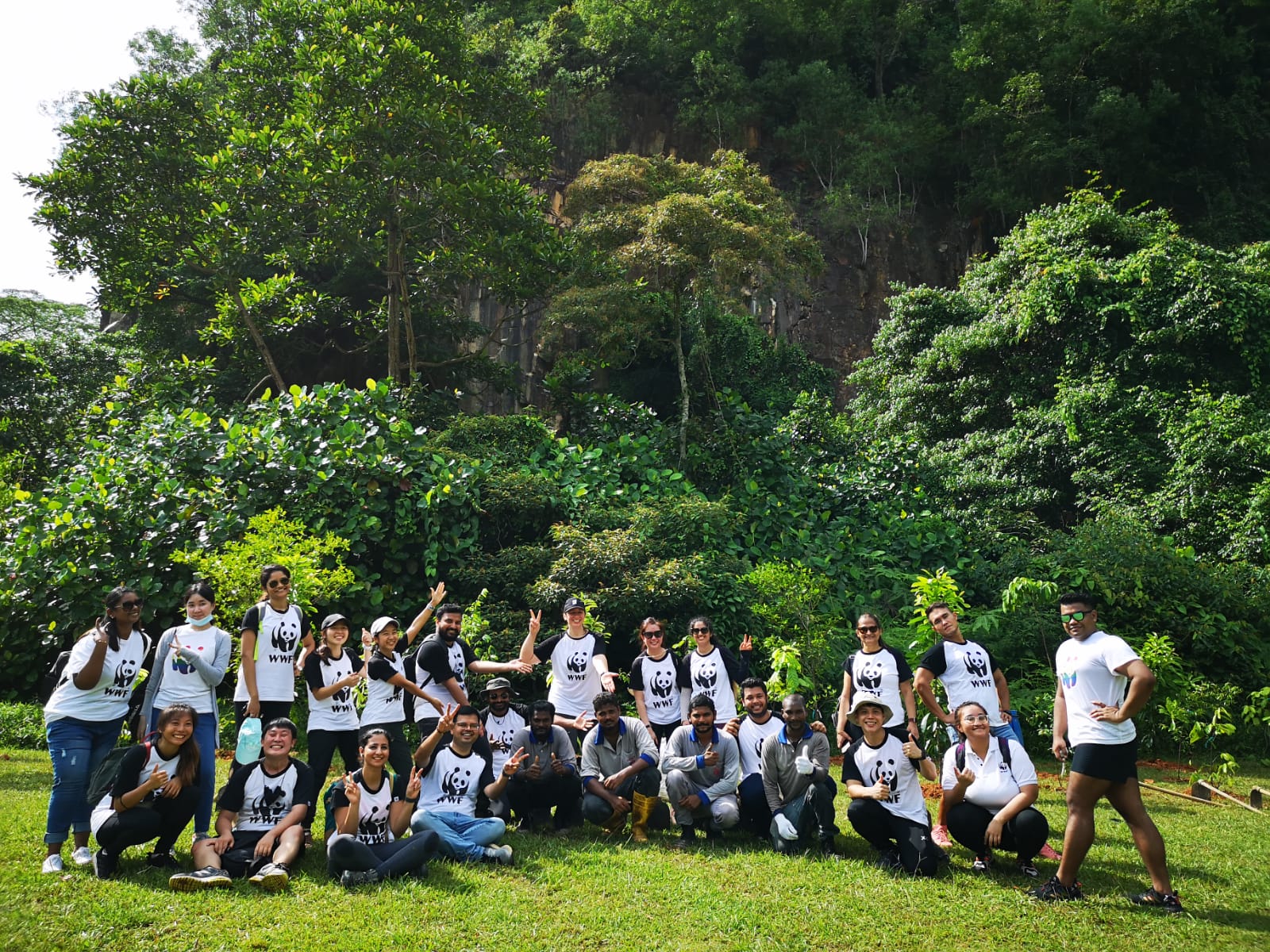
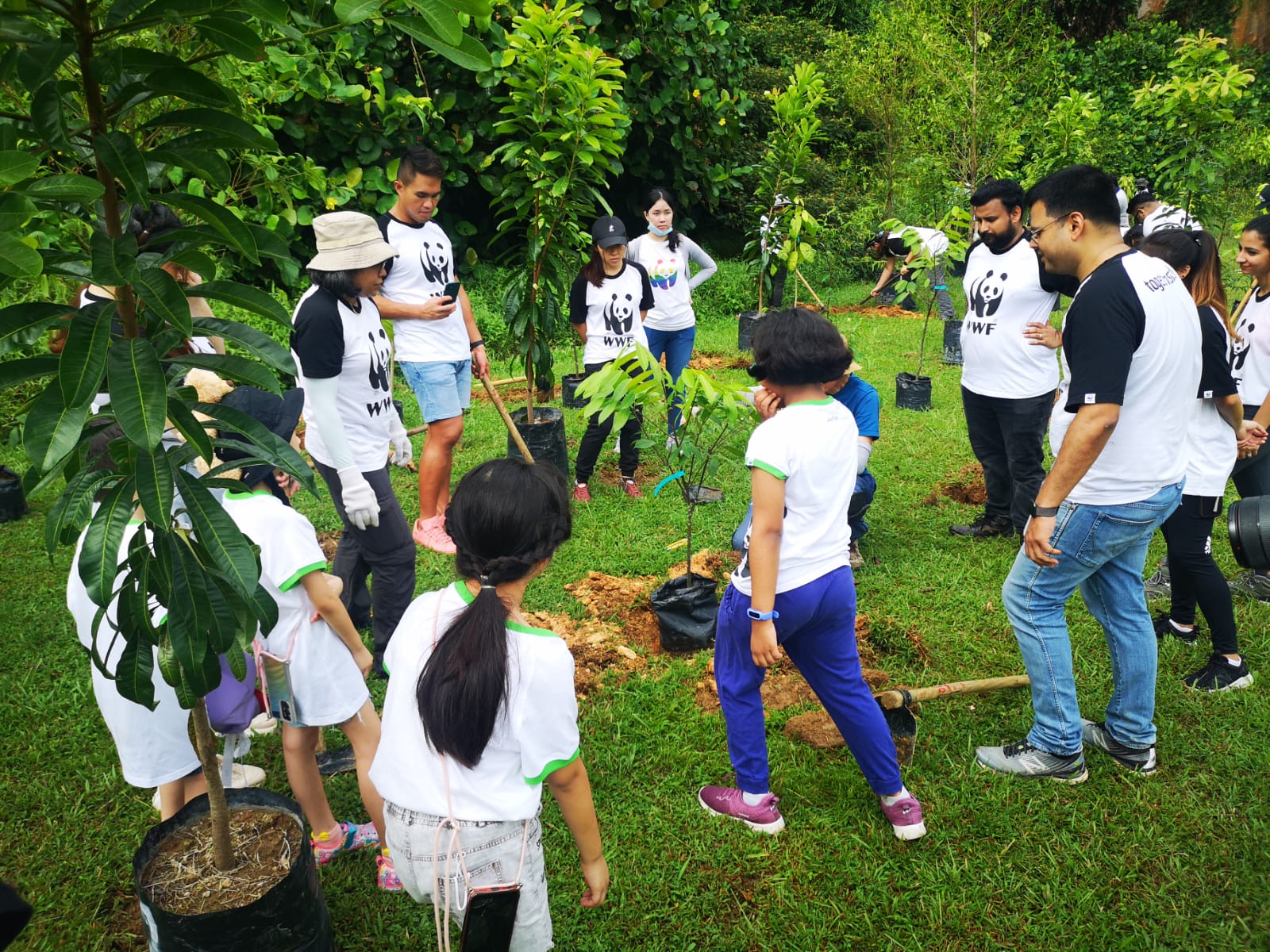
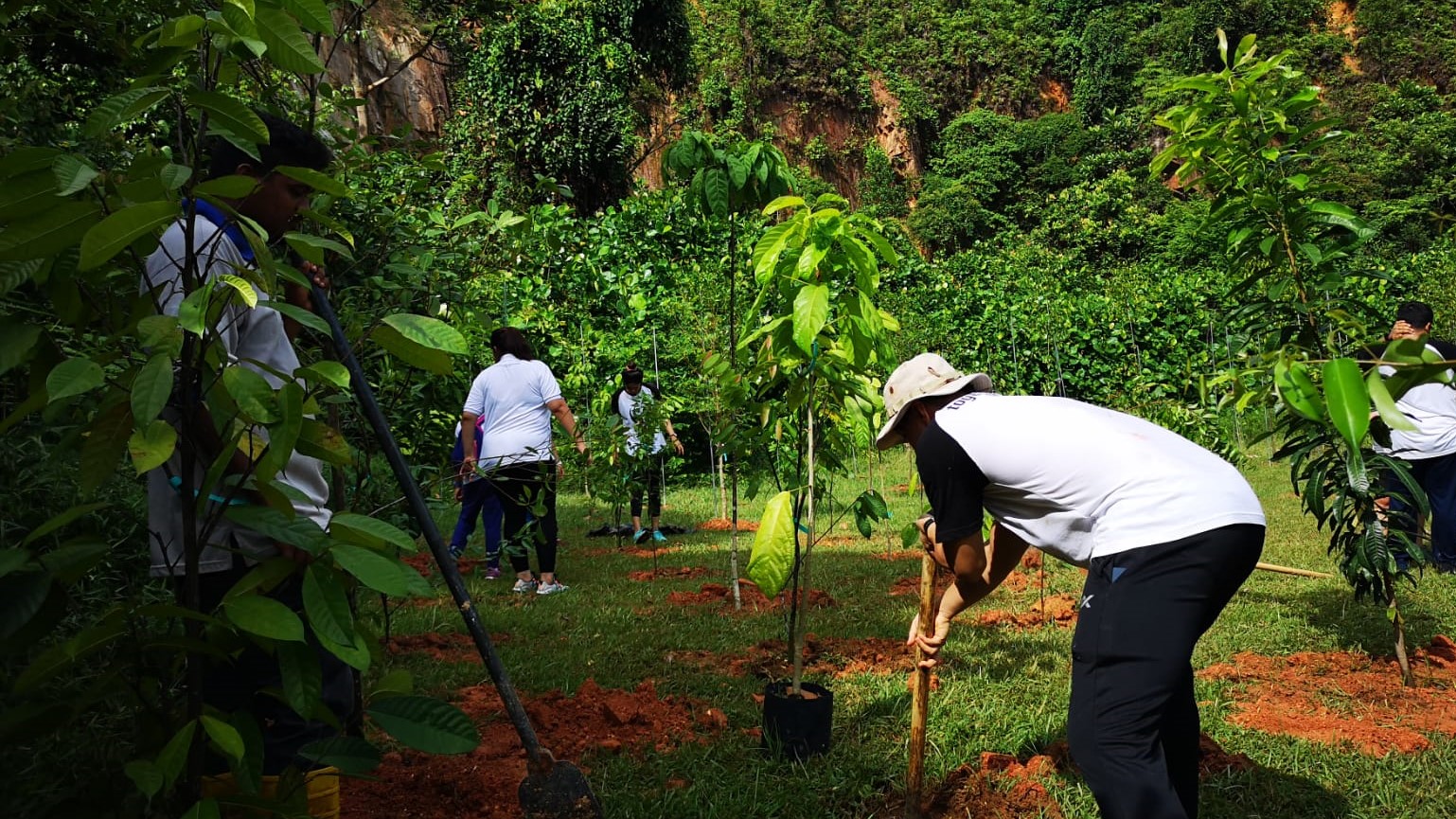
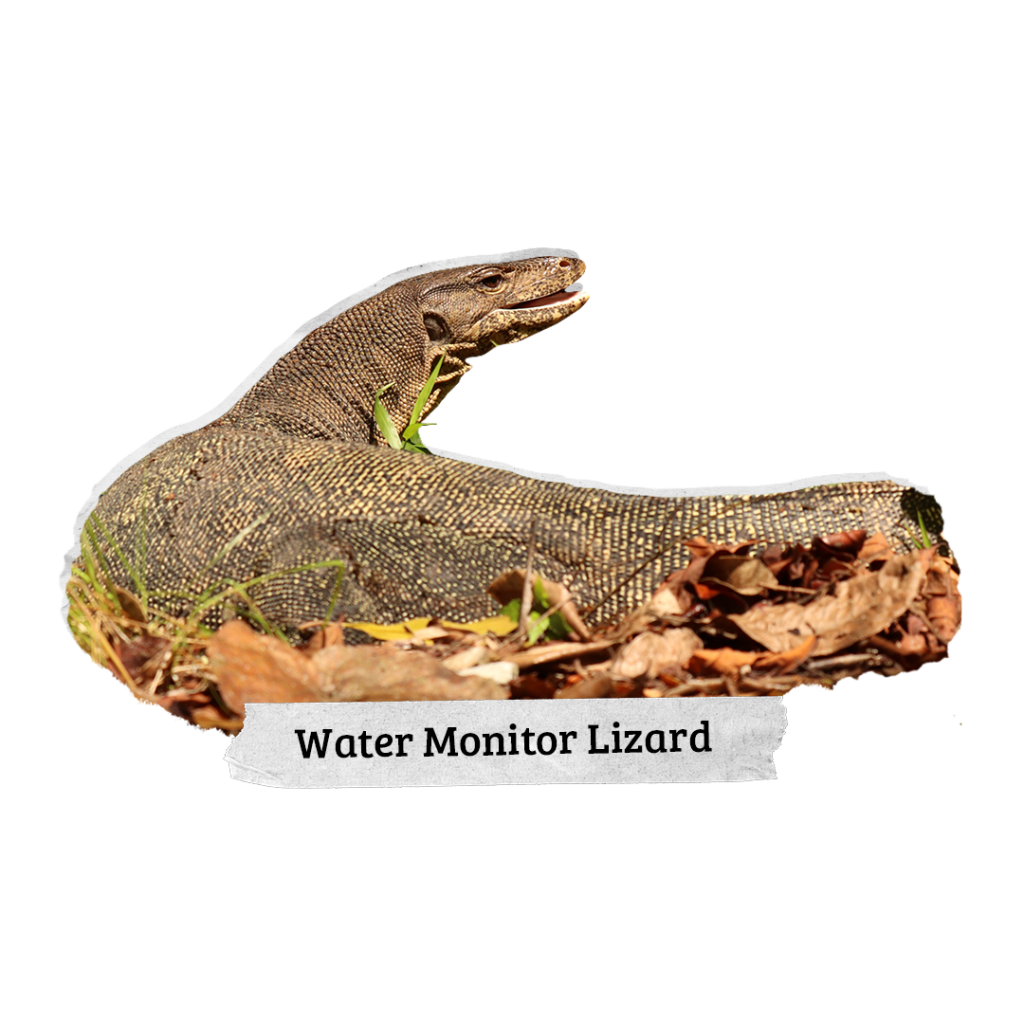
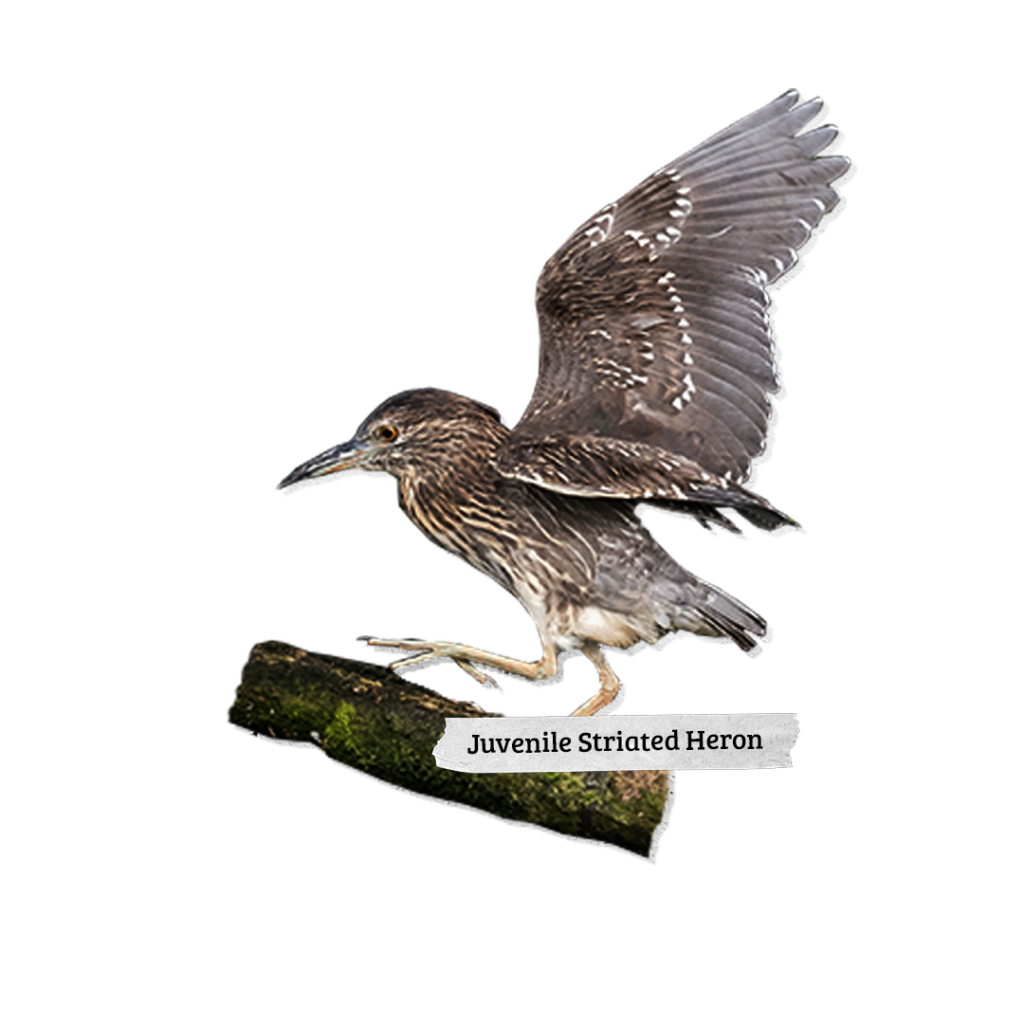
Protect our Local Mangroves Today
Join us in our efforts to save our mangroves and other critical habitats! These ecosystems protect us against rising sea levels and erosion, mitigate climate change, provide habitats for diverse wildlife, and are crucial for commercial fisheries and fishermen in the region.
Act now to conserve our local treasures and make a lasting impact that matters!
Join us to enjoy these benefits:
Benefits

100% Towards Local Conservation Efforts

250% Tax deduction

Member Exclusive Trips to Sungei Buloh

Member exclusive benefits

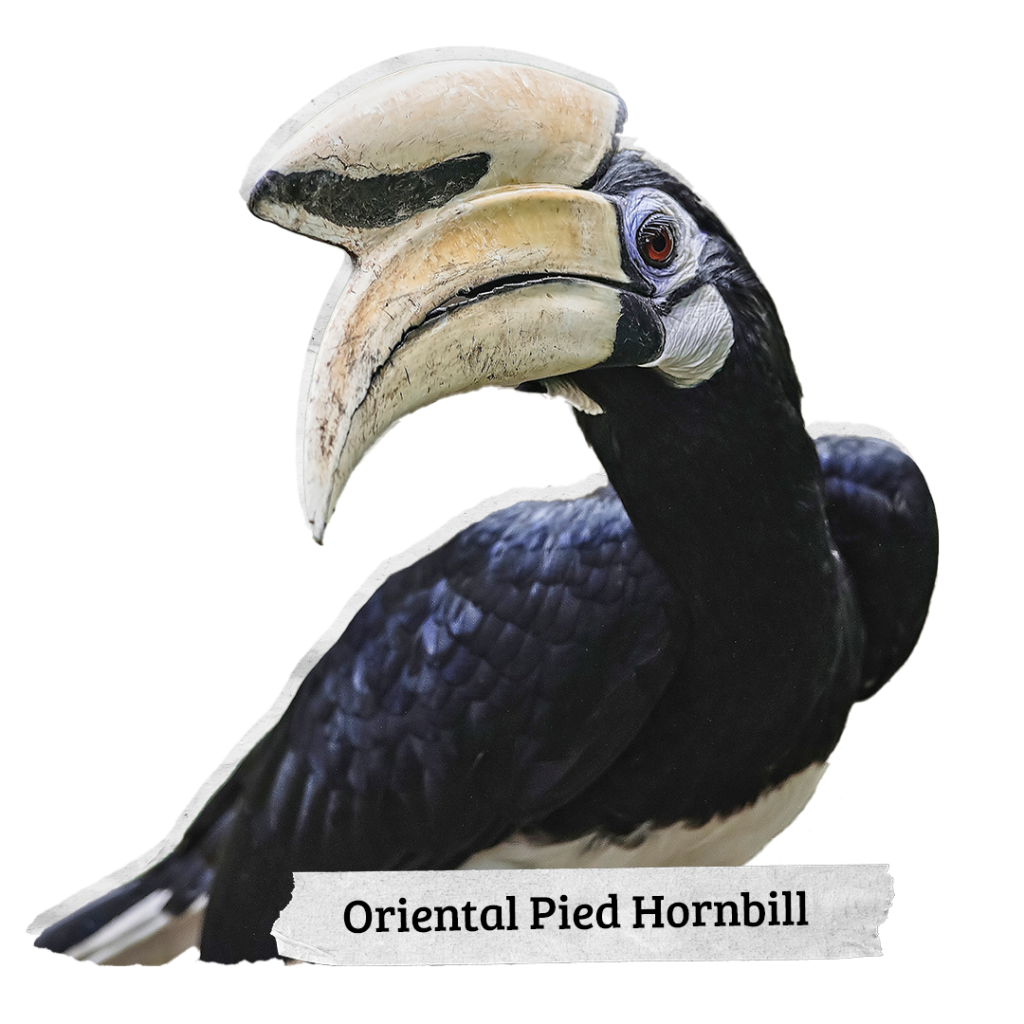
Frequently asked question
General questions from the public and our loyal donors. Read more below!
Donations made to the Sungei Buloh project are eligible for tax deductions* as the conservation work is carried out in Singapore.
*Tax deduction rules are subject to changes and issuance of tax deduction receipts will follow the latest tax policies published by IRAS.
The Sungei Buloh Wetland Reserve is open from 7am to 7pm daily. However, Lim Chu Kang Nature Park, part of the Sungei Buloh Nature Park Network, is currently only accessible through curated programmes.
Endangered species like the Leopard Cat have been recorded in the area, but many of these animals are elusive or nocturnal, and hence encounters with them are very rare. However, one endangered species which can be seen regularly at Sungei Buloh is the Estuarine Crocodile, which is listed as Critically Endangered locally. Do observe them at a distance.
The migratory season spans from September to March, with migratory birds escaping the cold winter in the north stopping over Singapore to rest and feed.
Sungei Buloh means “Bamboo River” in Malay. The name suggests that there might have been large stands of bamboo growing in the area in the past.
WWF- Singapore is implementing a range of public engagement activities at the nature park network in collaboration with key stakeholders. Some of the activities include educational conservation programmes every month at Lim Chu Kang Nature Park. We hope to expand our programming to include student research projects and an exchange programme with WWF-Hong Kong.
